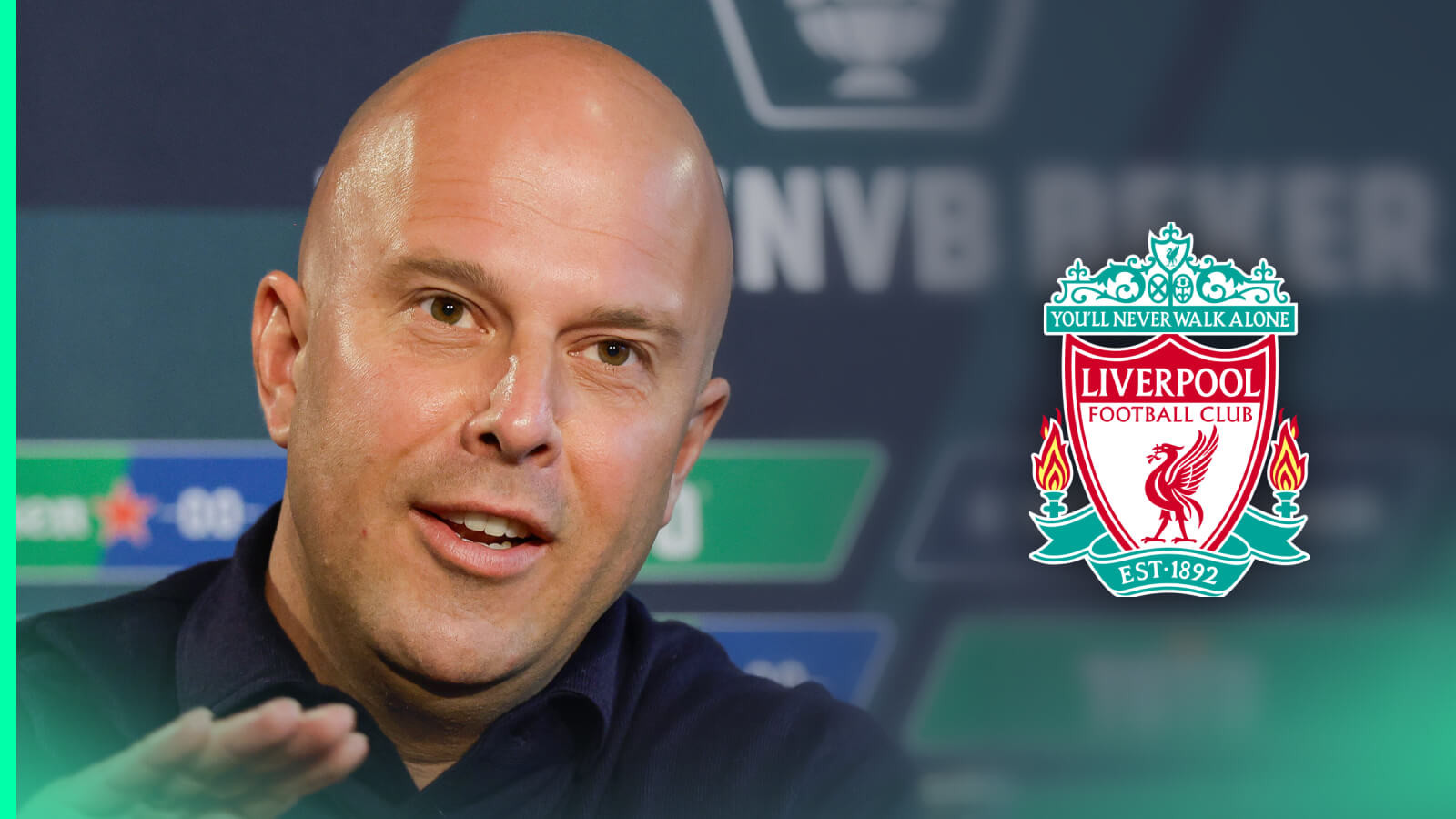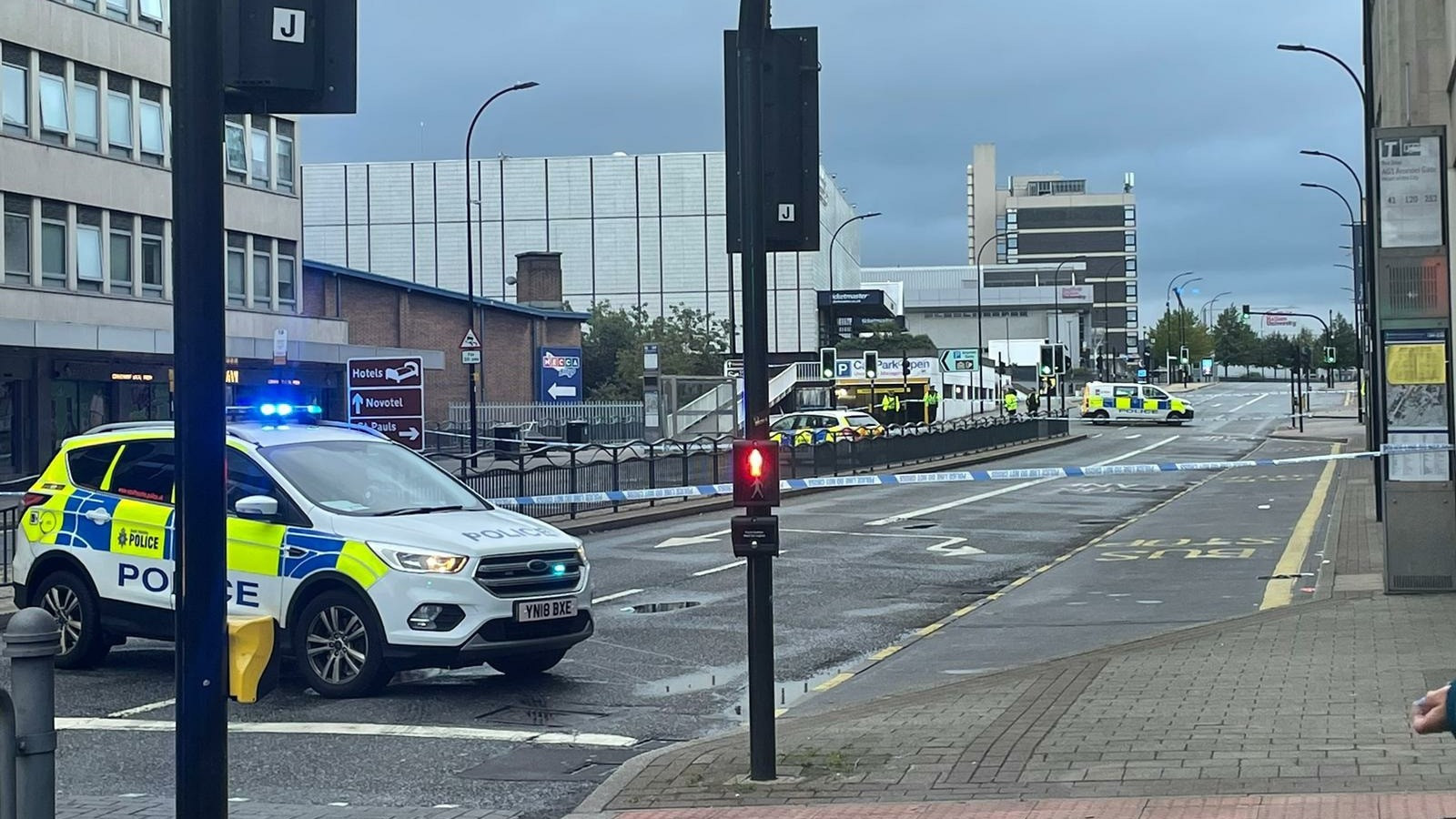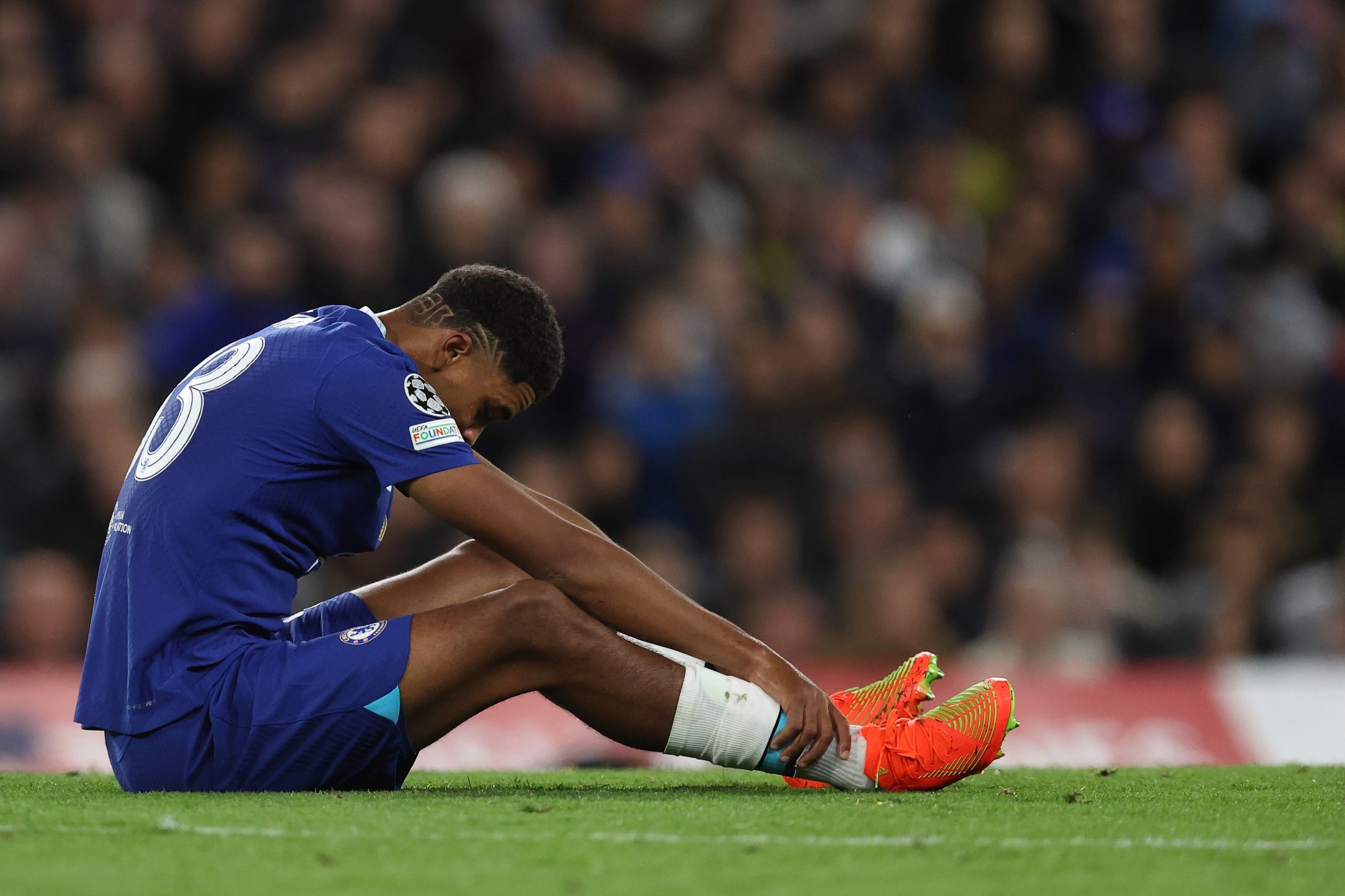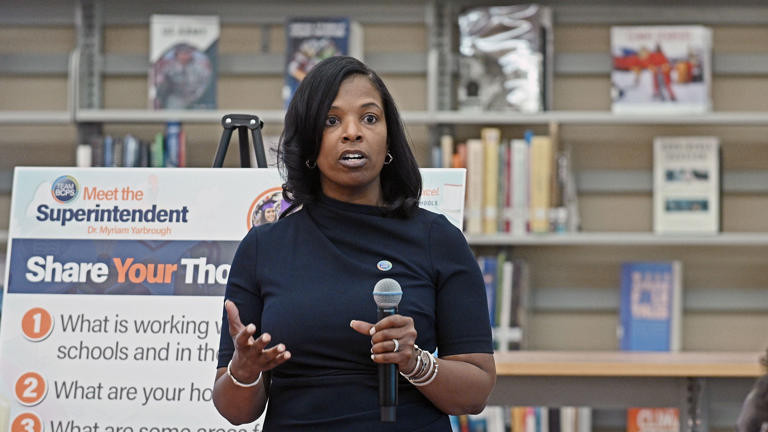For any manager at any club, first impressions matter.
Arne Slot’s Liverpool may have shown encouraging signs throughout this pre-season but the club’s new head coach will know that counts for little if he gets a poor result away to promoted Ipswich Town in the two sides’ Premier League opener tomorrow (Saturday).
But just how important is it for a new manager to hit the ground running, and what can we learn from how his Premier League predecessors at Anfield began?
Whenever a manager starts a new job, usually it is because things have been going wrong at the club — the pressure is on, there are fires to fight and problems to solve.
Slot does not have that problem at Liverpool.
Yes, there is lingering disappointment over how last season ended, with dreams of a quadruple to end the Jurgen Klopp era fizzling out with a run of five wins in 12 matches during March and April, but he’s inherited a young and talented squad sprinkled with world-class players.
Slot's New Beginnings: A Different Challenge
The Dutchman’s style has many similarities to Klopp’s in its intensity, although his is more possession-based. Slot’s appointment will necessitate far less of an overhaul than Klopp, Brendan Rodgers and — further back — Roy Evans implemented when they got the Liverpool job.
Evans (1994) created an attacking team who played some of the most eye-catching football in the country. Rodgers (2012) brought his tiki-taka style that had won Swansea City promotion to the Premier League a year earlier. Klopp (2015) instigated gegenpressing, a system defined by intensity. From his first game in charge, away to Tottenham Hotspur, the change was obvious and illustrated by Adam Lallana falling into Klopp’s arms after being substituted on 81 minutes in that goalless draw.
Gerard Houllier (1998) also revolutionised Liverpool, but chiefly through off-field changes. The Frenchman dragged the club into the 21st century, changing the players’ diets, overseeing the overhaul of facilities at Melwood, their training ground at the time, and creating a more professional environment.
Houllier’s successor, Rafa Benitez (2004), added a dose of Spanish flair to the side in Xabi Alonso and Luis Garcia — the start of an influx of talent from his homeland that completely changed the nature of Liverpool’s football. A deep tactical thinker, rotation became integral under Benitez and the players were briefed and debriefed in painstaking detail. He was not always the warmest character, but he understood the importance of establishing bonds with key players — chiefly Steven Gerrard — and was key in persuading him to stay at Anfield when other clubs came calling. Anfield’s current hierarchy could perhaps learn a lesson there as they set about trying to convince Trent Alexander-Arnold, another local hero, to commit his future now he is into the final season of his current contract.
The ‘New Manager Bounce’ and Transfer Spending
Roy Hodgson’s tenure (2010) seemed doomed as soon as he failed to mention any Liverpool legends after being asked for his biggest coaching influences (a Londoner, he named Don Howe, the former Arsenal and Queens Park Rangers coach, rather than Anfield icons Bill Shankly or Bob Paisley). He arrived with the club in dire straits and many supporters unhappy. The job quickly looked too big for him and the mess off the pitch was mirrored on it during his tenure.
Kenny Dalglish (2011) was summoned at mid-season for a second spell as manager to get the club back to feeling like Liverpool again, and he succeeded in that. There was no tactical revolution from the Scot, royalty at Anfield for his contributions as both player and manager, but the fans were energised by some stirring cup runs that masked disappointing league form. Under the new ownership of Fenway Sports Group (FSG), he got Liverpool back on track.
Slot has not taken over a similarly dispirited club. Instead, they are back in the Champions League this season after a year’s absence, boasting a squad stacked with young talent.
The challenge for him is trying to replace Klopp’s aura, given the charismatic German had become the man around whom the club revolved. The new FSG structure, led by a returning Michael Edwards and new sporting director Richard Hughes, aims to reduce that burden.
Liverpool are the only Premier League side who haven’t made a first-team signing this summer. After the failed pursuit of Real Sociedad and Spain midfielder Martin Zubimendi, unrest is beginning to grow among supporters.
When Slot was appointed in May, FSG executives felt his style suited the club’s current squad and that there was a limit on available players elsewhere who would obviously improve it. That said, it is rare for a manager to come into a new environment and not make a single signing of their own.
Benitez and then Rodgers, for example, were allowed to bring players to Anfield who would help implement their preferred styles. The former signed Alonso, whose passing range opened up the pitch, the latter added Joe Allen, who had been the heart of his possession-based Swansea side. Slot wanted to continue that theme by signing Zubimendi as his new No 6, but the midfielder’s change of heart scuppered those plans.
Total Transfer Spends for Liverpool Managers in Their First Window
Below are the total transfer spends for each Liverpool manager in their first window in charge and their first summer, if different. Evans and Houllier managed the club before transfer windows were created, so their initial total is based on the amount spent during the season they took over.
Despite Evans being appointed as Graeme Souness’ replacement in the January of the 1993-94 season, his first notable signings did not come until September that year in Phil Babb (£3.6million) and John Scales (£3.5m).
Houllier’s arrival, initially as co-manager with Evans, did not spark an immediate influx of European signings as some anticipated. In fact, there was very little activity: Vegard Heggem arrived for £3.5million five days after Houllier did, but that was all.
When Evans stepped away in November 1998, however, the revolution accelerated. Jean-Michel Ferri, Frode Kippe, Rigobert Song and Djimi Traore all arrived during that season. A £24.4million spend followed in summer 1999 — significant money at the time — including players who would become fixtures in the coming seasons such as Sami Hyypia, Stephane Henchoz, Sander Westerveld and Dietmar Hamann.
When Hodgson succeeded Benitez in summer 2010, he was hamstrung by the ongoing ownership issues that limited Liverpool’s spending power. His first window saw £23.9million spent, supplemented by three free transfers, including England midfielder Joe Cole. Half of that went on Raul Meireles, with funds becoming available because of Javier Mascherano’s sale to Barcelona. Milan Jovanovic, Christian Poulsen and Paul Konchesky also came in, and were all flops.
Klopp’s first transfer window, two months after his arrival, was also underwhelming. A 19-year-old Marko Grujic signed from Red Star Belgrade, before being loaned back to them, and former England defender Steven Caulker joined, on loan, from Queens Park Rangers of the Championship.
Far more significant was his first summer, when substantial fees were paid for Sadio Mane and Georginio Wijnaldum. Joel Matip, Ragnar Klavan, Loris Karius and Alex Manninger also arrived, for little to no cost. Klopp had spent eight months with the group of players he inherited from Rodgers, so knew where he needed to add. Matip, Mane and Wijnaldum became Premier League, Champions League and Club World Cup winners under him in the years that followed.
Dalglish didn’t do January 2011 quite as quietly after taking over from Hodgson early that month. That winter window was FSG’s first chance to spend following its October takeover and, helped by receiving £50million from Chelsea for Fernando Torres, it spent a combined £57.8m on fellow strikers Luis Suarez and Andy Carroll, including breaking the British transfer record to land the latter.
FSG’s British-based transfer strategy allowed Dalglish to strengthen further in his first summer back in charge with Jordan Henderson, Stewart Downing and Charlie Adam arriving for a combined £41.2million (of a total spend in that window of £52.2m). Henderson became Liverpool’s title-winning captain under Klopp, but Downing and Adam failed to live up to expectations.
First 10 Games: How Do Slot's Predecessors Compare?
Like Benitez and Rodgers, Slot has been able to take over at the beginning of a campaign and oversee a full pre-season. Not all recent Liverpool managers, however, enjoyed that luxury.
The table below shows how successful each one was in their first 10 Premier League games in charge.
| Manager | First 10 Games | Points | W-D-L |
|---|---|---|---|
| Evans | 1994-95 | 17 | 5-2-3 |
| Houllier | 1998-99 | 17 | 5-2-3 |
| Benitez | 2004-05 | 17 | 5-2-3 |
| Hodgson | 2010-11 | 10 | 2-4-4 |
| Dalglish | 2011-12 | 13 | 3-4-3 |
| Rodgers | 2012-13 | 16 | 4-4-2 |
| Klopp | 2015-16 | 14 | 4-2-4 |
The biggest standout is how those who took over mid-season — with the exception of Evans — started stronger than many of the summer appointments. Only Benitez put together a similar points return (17). It suggests the power of the new-manager ‘bounce’ holds true at Anfield, and that those who try to instigate big stylistic or cultural changes need more than just a few weeks’ work on the training pitch in the summer for their philosophy to take hold.
Slot has not had the adversity that confronted others on arrival. Liverpool finished on 82 points last season — more than six title winners have managed since the Premier League era began in 1992-93 — and should be looking to build on that in the months ahead.
That brings its own pressure, but history suggests flying starts are not a given for new Liverpool managers. It is a trend Slot will be looking to defy, starting at Portman Road tomorrow.
New Beginnings, New Challenges
The biggest question facing Slot is whether he can replicate the success of his predecessor. Will he be able to build upon the strong foundations laid by Klopp and guide the team to even greater heights? The answer to this question may only be answered with time, but this much is certain: Arne Slot's Liverpool will be a team worth watching.

















